Home>Home Maintenance>How Much Does A Home Inspection Cost In North Carolina
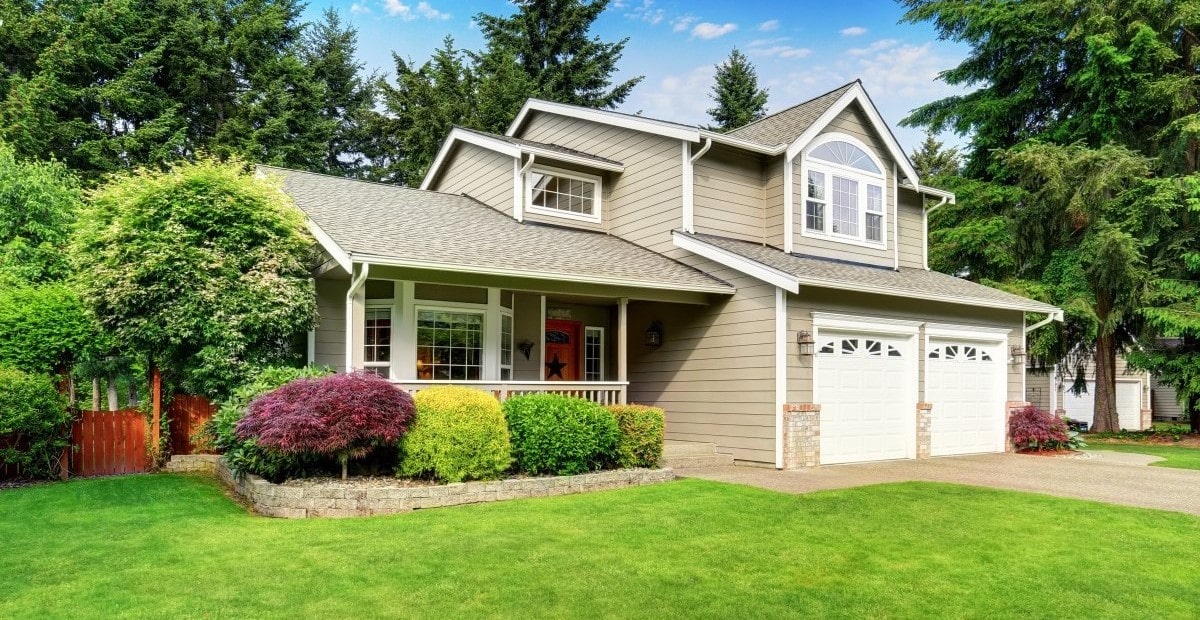

Home Maintenance
How Much Does A Home Inspection Cost In North Carolina
Modified: March 6, 2024
Get an idea of how much a home inspection in North Carolina may cost. Discover the average rates for home maintenance and ensure you're making an informed decision.
(Many of the links in this article redirect to a specific reviewed product. Your purchase of these products through affiliate links helps to generate commission for Storables.com, at no extra cost. Learn more)
Introduction
Welcome to the world of home maintenance! Owning a home is an exciting and fulfilling endeavor, but it also comes with its fair share of responsibilities. One crucial aspect of homeownership is performing regular home inspections to ensure your property is safe, well-maintained, and free from any potential issues.
When it comes to home inspections, one common question that arises is, “How much does a home inspection cost?” Well, the answer depends on various factors that we will explore in this article. Whether you’re buying a new home, selling your current property, or simply seeking a routine inspection, understanding the costs involved will help you budget and plan effectively.
Factors Affecting Home Inspection Costs
Several factors can influence the cost of a home inspection. These include:
- The size and type of the property: Larger homes or properties with multiple units typically require more time and effort to inspect, resulting in higher inspection costs.
- The age and condition of the property: Older homes or properties in poor condition may require a more thorough inspection and may have more potential issues, leading to higher costs.
- Geographic location: Home inspection costs can vary from one region to another, based on factors like local demand, cost of living, and market competition.
- Additional services required: Some homeowners may request additional services such as radon testing, mold inspection, or pest control, which can increase the overall inspection costs.
Average Cost of Home Inspections in North Carolina
In North Carolina, the average cost of a home inspection typically ranges between $300 and $500. This price range can vary based on the factors mentioned above. While this may seem like a significant expense, it’s essential to remember that a home inspection is an investment in your property’s long-term value and your peace of mind.
Additional Costs to Consider
While the base cost of a home inspection covers the inspection itself, there may be additional costs to consider. For instance, if the inspector identifies any potential issues, you may need to factor in the cost of repairs or further investigation by specialized professionals. It’s wise to allocate a contingency fund to address any unexpected repairs or maintenance.
Key Takeaways:
- Home inspection costs in North Carolina range from $300 to $500, depending on factors like property size, age, and location. It’s an investment in your property’s value and your peace of mind.
- When planning for a home inspection, consider additional costs for repairs, specialized inspections, and re-inspection fees. Hiring a qualified home inspector is crucial for a thorough evaluation of your property.
Factors Affecting Home Inspection Costs
Several key factors can influence the cost of a home inspection. Understanding these factors can help you budget and plan accordingly when scheduling a home inspection. Let’s take a closer look at each of these factors:
- The size and type of the property: The size and type of your property play a significant role in determining the cost of a home inspection. Larger homes or properties with multiple units usually require more time and effort to inspect thoroughly. This means that home inspectors may charge higher fees for larger properties to account for the additional time and work involved.
- The age and condition of the property: If you have an older home or a property that is in poor condition, you can expect the cost of a home inspection to be higher. Older homes often have more intricate systems, such as outdated electrical or plumbing systems, which require close inspection. Similarly, properties in poor condition may have hidden issues that need extensive evaluation. In such cases, home inspectors may charge a premium for the extra time and effort required.
- Geographic location: Home inspection costs can vary depending on the geographic location of the property. Factors such as local demand, cost of living, and market competition can influence the prices charged by home inspectors. In areas with high demand and a limited number of qualified inspectors, the costs may be higher compared to regions with more competition and lower demand.
- Additional services required: Sometimes, homeowners may require additional services alongside a standard home inspection. These services can include radon testing, mold inspection, or pest control. If you opt for these additional services, it’s important to keep in mind that they will increase the total cost of the inspection. Be sure to discuss your requirements with the home inspector beforehand to get an accurate estimate of the costs involved.
By considering these factors and discussing them with the home inspector, you will have a better understanding of the cost expectations associated with your specific property.
It’s important to note that while cost is a significant factor to consider, it should not be the sole deciding factor when selecting a home inspector. It’s crucial to prioritize the qualifications, experience, and reputation of the inspector to ensure a comprehensive and reliable inspection.
Now that we have explored the factors affecting home inspection costs, let’s delve into the average cost of home inspections in North Carolina.
Average Cost of Home Inspections in North Carolina
In North Carolina, the average cost of a home inspection typically falls between $300 and $500. The specific cost within this range depends on various factors such as the size, age, and condition of the property, as well as the location.
For smaller homes or condominiums, you can expect the cost to be towards the lower end of the spectrum, around $300 to $400. These properties generally require less time and effort to inspect due to their smaller size.
On the other hand, larger homes or properties with multiple units tend to have higher inspection costs. The inspection of these properties is more extensive and time-consuming, thus resulting in fees ranging from $400 to $500 or more.
In addition to the size of the property, other factors can also influence the cost of home inspections in North Carolina. Older homes or properties in poor condition may require more in-depth inspections, which can increase the overall cost. Similarly, if you opt for additional services such as radon testing, mold inspection, or pest control, the total cost will go up accordingly.
When comparing prices among different home inspectors, it’s important to consider their qualifications, experience, and expertise rather than solely focusing on the cost. Hiring a qualified and reputable home inspector is crucial to ensure a thorough evaluation of your property.
Keep in mind that the cost of a home inspection is an investment in your property’s long-term value and your peace of mind. Identifying any potential issues or problems early on can save you from costly repairs or surprises down the road.
Now that you have an idea of the average cost of home inspections in North Carolina, let’s explore some additional costs that you should consider when planning for a home inspection.
Additional Costs to Consider
While the base cost of a home inspection in North Carolina typically ranges from $300 to $500, there may be additional costs to consider. It’s important to be aware of these potential expenses so that you can budget accordingly and avoid any surprises along the way.
Repairs and Maintenance:
During a home inspection, the inspector may uncover potential issues or areas in need of repair. It’s important to remember that the home inspection itself does not include the cost of repairs or maintenance. Depending on the extent of the issues, you may need to hire specialized professionals or contractors to address these concerns. It’s wise to allocate a contingency fund to cover any unexpected repairs that may arise after the inspection.
Additional Services:
While a standard home inspection covers the major components of a property, there may be additional services you require or want to consider. For example, if you suspect the presence of radon gas, you may opt for radon testing, or if there are signs of mold, a mold inspection may be necessary. These additional services will incur extra costs and should be discussed with the home inspector prior to the inspection to obtain an accurate estimate.
Specialized Inspections:
In some cases, a home inspector may recommend specialized inspections based on their findings. These can include assessments for pests, structural integrity, or environmental hazards. These specialized inspections are not typically included in the base cost of a home inspection and will require separate fees. It’s important to carefully consider whether these additional inspections are necessary for your specific property.
Re-inspection Fees:
In certain situations, the home inspector may recommend a re-inspection after repairs or improvements have been made. Re-inspections generally come with an additional fee. It’s advisable to discuss this possibility with the home inspector during the initial inspection to understand their policies and associated costs.
By considering these additional costs and taking them into account when budgeting for a home inspection, you can ensure that you are financially prepared for any potential expenses that may arise during the home buying or property maintenance process.
Now that we have explored the factors affecting the cost of a home inspection and the additional costs to consider, let’s discuss the importance of hiring a qualified home inspector.
The cost of a home inspection in North Carolina can vary depending on the size and age of the home, as well as the inspector’s experience. On average, you can expect to pay between $300 and $500 for a standard home inspection. It’s important to get quotes from multiple inspectors to ensure you’re getting a fair price.
Importance of Hiring a Qualified Home Inspector
When it comes to a home inspection, hiring a qualified and experienced home inspector is of utmost importance. A home inspector plays a critical role in evaluating the condition of a property and identifying any potential issues or defects. Here are some reasons why it’s crucial to hire a qualified home inspector:
Expertise and Knowledge:
A qualified home inspector has the necessary expertise and knowledge to thoroughly inspect a property. They are trained to identify potential problems with the structure, electrical and plumbing systems, HVAC systems, and more. Their experience allows them to have a keen eye for detail, ensuring that nothing crucial is overlooked during the inspection process.
Objectivity:
A qualified home inspector is an impartial third party who can provide an objective assessment of the property. They do not have any personal stake in the transaction and are solely focused on providing an unbiased evaluation of the home’s condition. This objectivity helps ensure that you receive an honest and reliable assessment of the property’s strengths and weaknesses.
Thorough Evaluation:
Qualified home inspectors follow a comprehensive checklist during the inspection process. They meticulously examine every aspect of the property, including the structural components, electrical systems, plumbing systems, roofing, and more. This thorough evaluation helps uncover any hidden issues or potential problems that may not be apparent to an untrained eye.
Peace of Mind:
By hiring a qualified home inspector, you gain peace of mind knowing that your property is thoroughly inspected and any potential issues are identified. This can help you make informed decisions regarding the purchase or maintenance of the property.
Cost Savings:
While hiring a qualified home inspector comes with an upfront cost, it can save you money in the long run. Identifying any hidden issues or potential problems before purchasing a property allows you to negotiate repairs or ask the seller to address them. This can help you avoid costly surprises and ensure that you are making a wise investment.
When hiring a home inspector, make sure to research their qualifications, certifications, and reputation. Read reviews, ask for recommendations, and compare prices to find the best fit for your needs. Remember that the cost of a home inspection is a worthwhile investment in your property’s long-term value and your peace of mind.
Now that we understand the importance of hiring a qualified home inspector, let’s explore some tips for finding affordable home inspections.
Read more: How Much Does Chimney Repair Cost
Tips for Finding Affordable Home Inspections
Getting a comprehensive home inspection is essential, but that doesn’t mean you have to break the bank. Here are some tips to help you find affordable home inspections without compromising on quality:
Research and Compare:
Take the time to research and compare prices from different home inspectors in your area. Look for certified and reputable professionals who offer competitive rates. Keep in mind that the cheapest option may not always be the best, so consider the inspector’s experience and customer reviews as well.
Ask for Quotes in Writing:
Request quotes from multiple home inspectors, specifying the type of property and any additional services you require. Ask for these quotes in writing so you can easily compare costs and services offered. This will also help you avoid any unexpected fees or surprises later on.
Consider Package Deals:
Some home inspectors offer package deals that include additional services such as radon testing or pest inspections at a discounted rate. If you require these additional services, it may be more cost-effective to opt for a package deal rather than hiring separate professionals for each task.
Ask for Referrals:
Reach out to friends, family, or real estate professionals for recommendations on affordable and reliable home inspectors. Referrals can be a helpful guide in finding trusted professionals who offer competitive prices.
Consider Local Inspectors:
Local home inspectors often have a better understanding of the area, its construction practices, and potential issues specific to the region. Hiring a local inspector can sometimes be more cost-effective as they have a smaller service area and may have lower overhead costs.
Be Mindful of Unnecessary Additional Services:
While additional services like radon testing or mold inspection may be necessary in some cases, evaluate whether you truly need them for your property. Unnecessary additional services can add to the overall cost of the inspection, so discuss your specific needs with the home inspector to determine if they are essential.
Consider the Overall Value:
When evaluating the cost of a home inspection, it’s important to consider the overall value you’re receiving. Look beyond just the price tag and consider the qualifications, experience, and thoroughness of the inspector. A more experienced and thorough inspector may offer better value for a slightly higher cost.
Remember, a home inspection is an investment in protecting your investment in the property. While finding an affordable price is important, ensure that you prioritize quality and reliability. By following these tips, you can find a qualified and affordable home inspector who can provide you with a comprehensive evaluation of your property.
Now, let’s wrap up our discussion on home inspection costs.
Conclusion
Home inspections are an essential part of homeownership, whether you are buying a new property or maintaining your current one. Understanding the factors that affect home inspection costs is crucial for budgeting and planning purposes. The size and type of the property, its age and condition, geographic location, and additional services required are all factors that can influence the overall cost of a home inspection.
In North Carolina, the average cost of a home inspection ranges between $300 and $500. While this may seem like a significant expense, it is a worthwhile investment in your property’s long-term value and your peace of mind.
It’s important to consider additional costs that may arise during the home inspection process. Repairs and maintenance, additional services such as radon testing or mold inspection, specialized inspections, and re-inspection fees should all be taken into account when planning for a home inspection.
Hiring a qualified home inspector is crucial to ensure a thorough evaluation of your property. A qualified inspector brings expertise, knowledge, objectivity, and peace of mind to the inspection process. While cost is a consideration, it should not be the sole deciding factor. Prioritize qualifications and experience to ensure a reliable inspection.
To find affordable home inspections, conduct thorough research, compare quotes, consider package deals, ask for referrals, and consider local inspectors who may offer better value. It’s also important to evaluate whether additional services are truly necessary for your property to avoid unnecessary costs.
In conclusion, home inspection costs may vary based on numerous factors, but they are a necessary investment to protect your property and make informed decisions. By understanding the costs involved and following the tips discussed in this article, you can find an affordable home inspector without compromising on quality. So, be proactive, schedule regular inspections, and ensure the continuous maintenance and safety of your home.
Frequently Asked Questions about How Much Does A Home Inspection Cost In North Carolina
Was this page helpful?
At Storables.com, we guarantee accurate and reliable information. Our content, validated by Expert Board Contributors, is crafted following stringent Editorial Policies. We're committed to providing you with well-researched, expert-backed insights for all your informational needs.
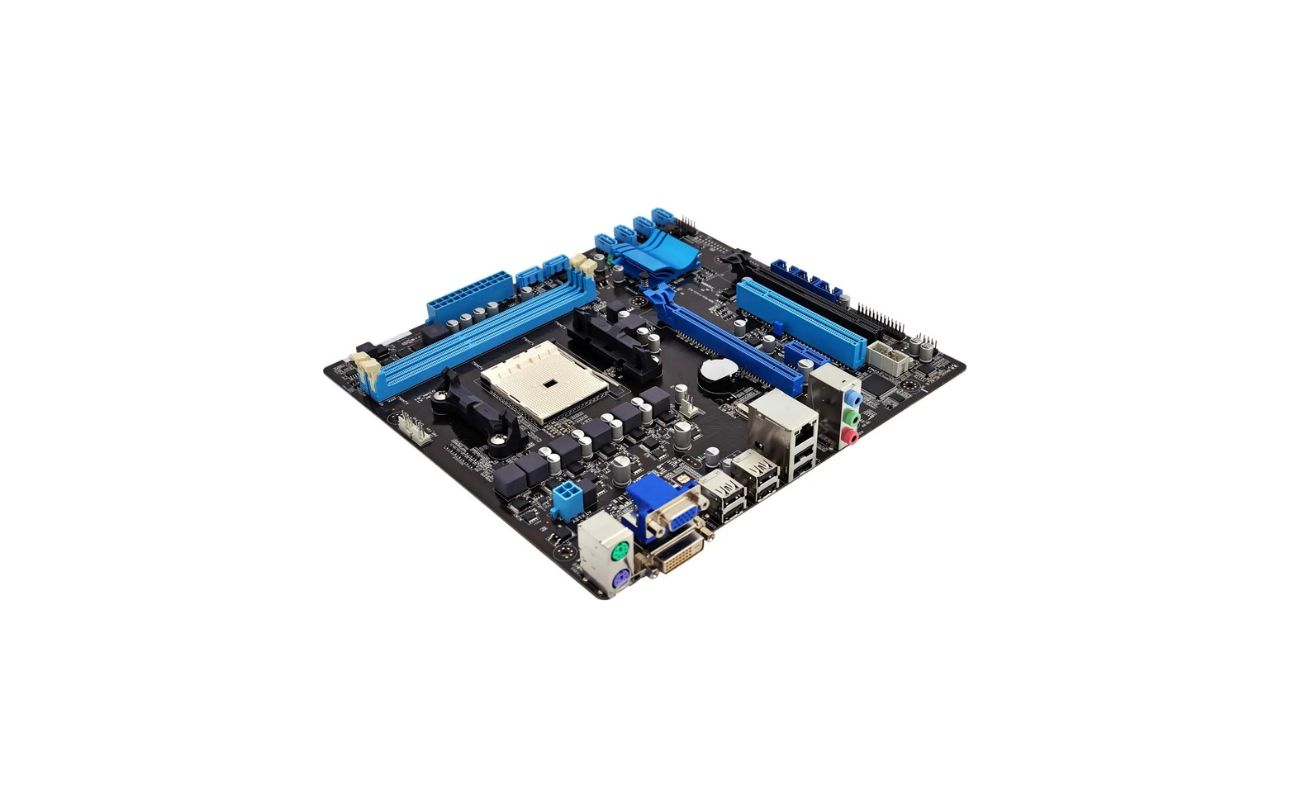
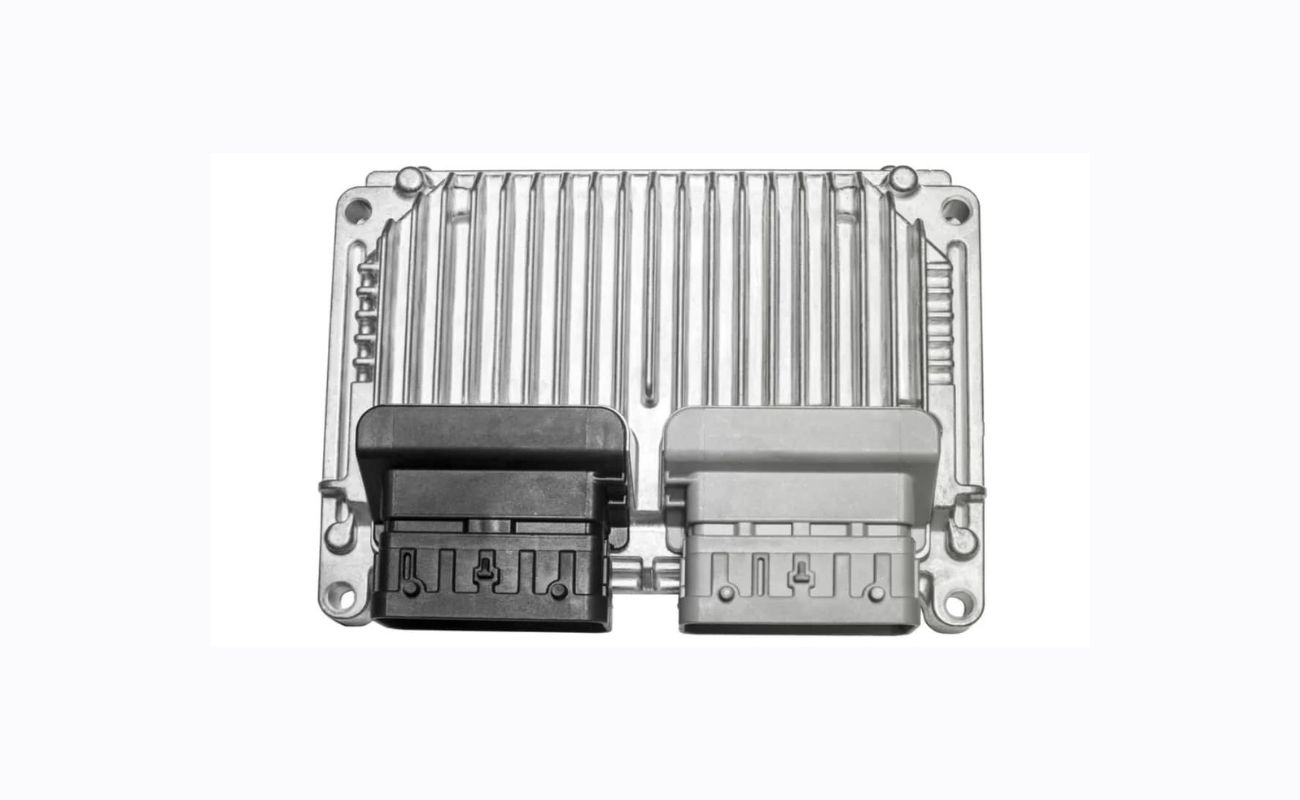
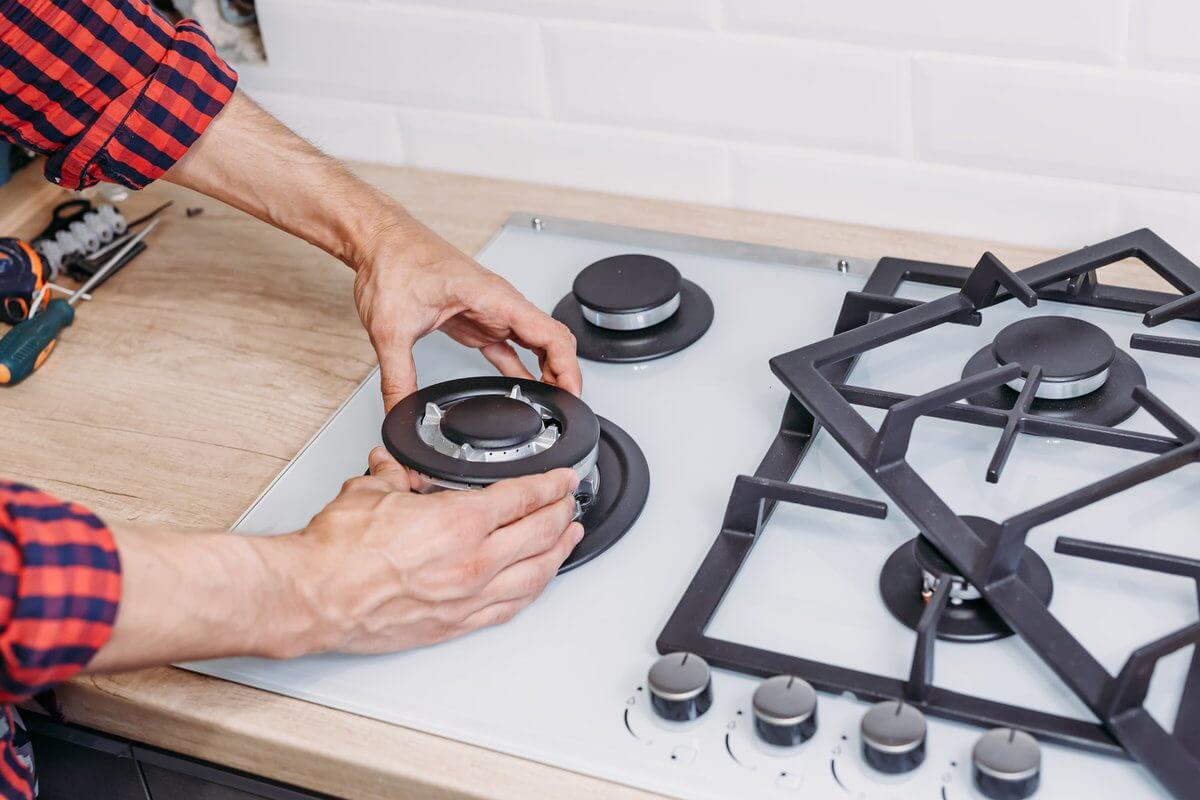
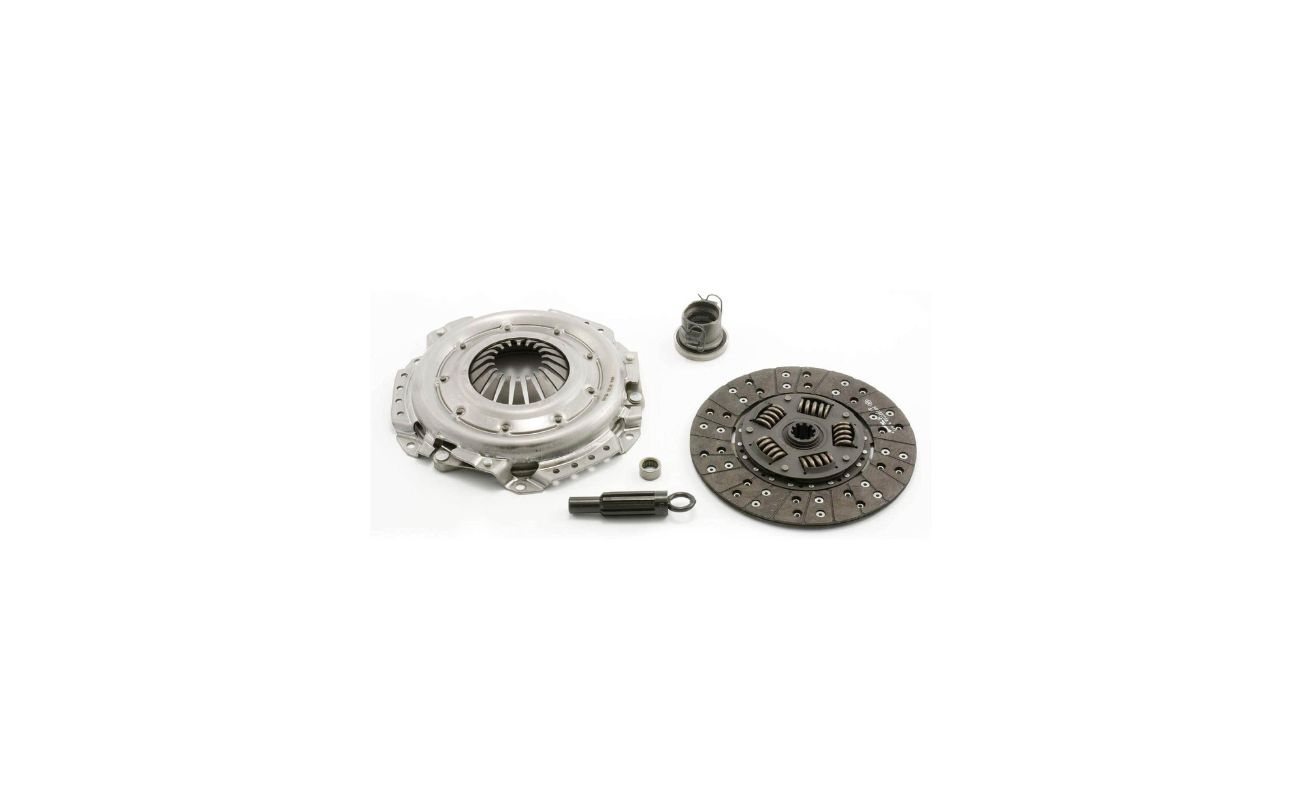
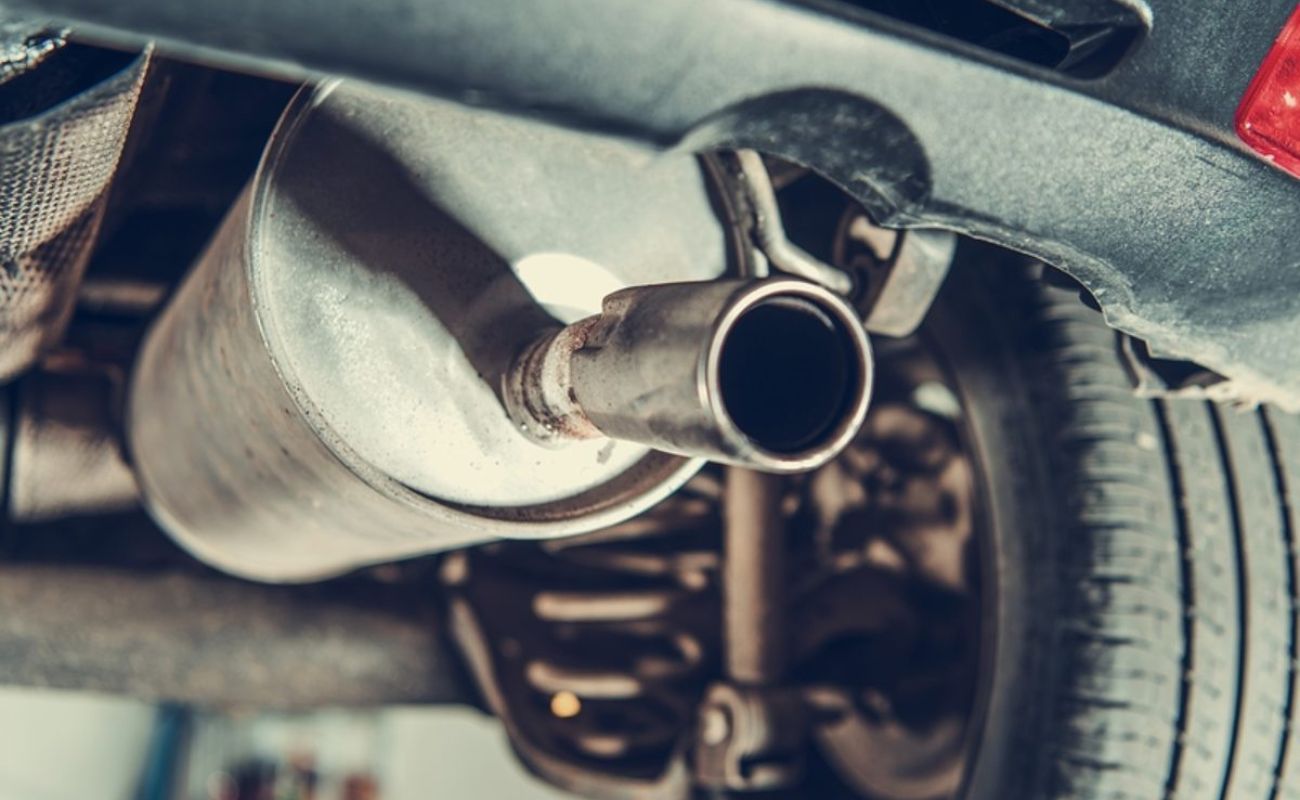
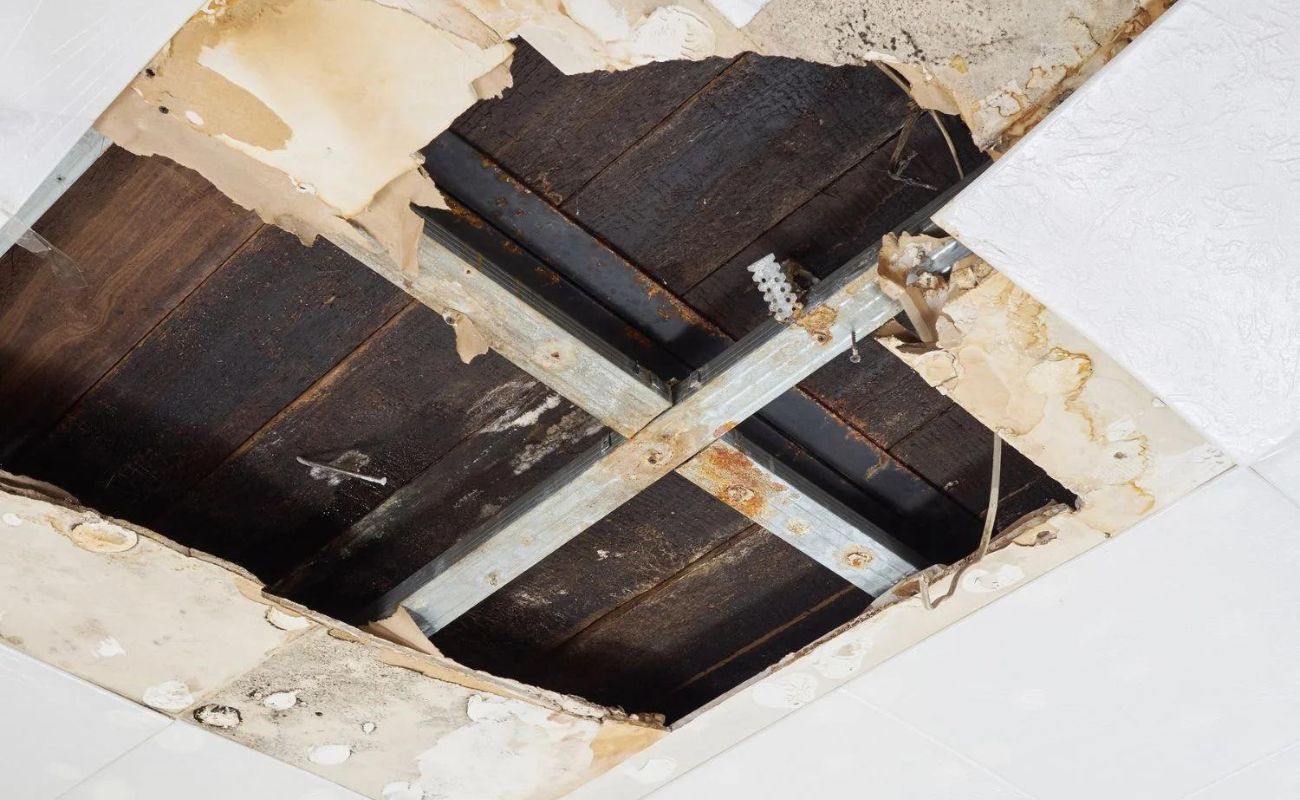
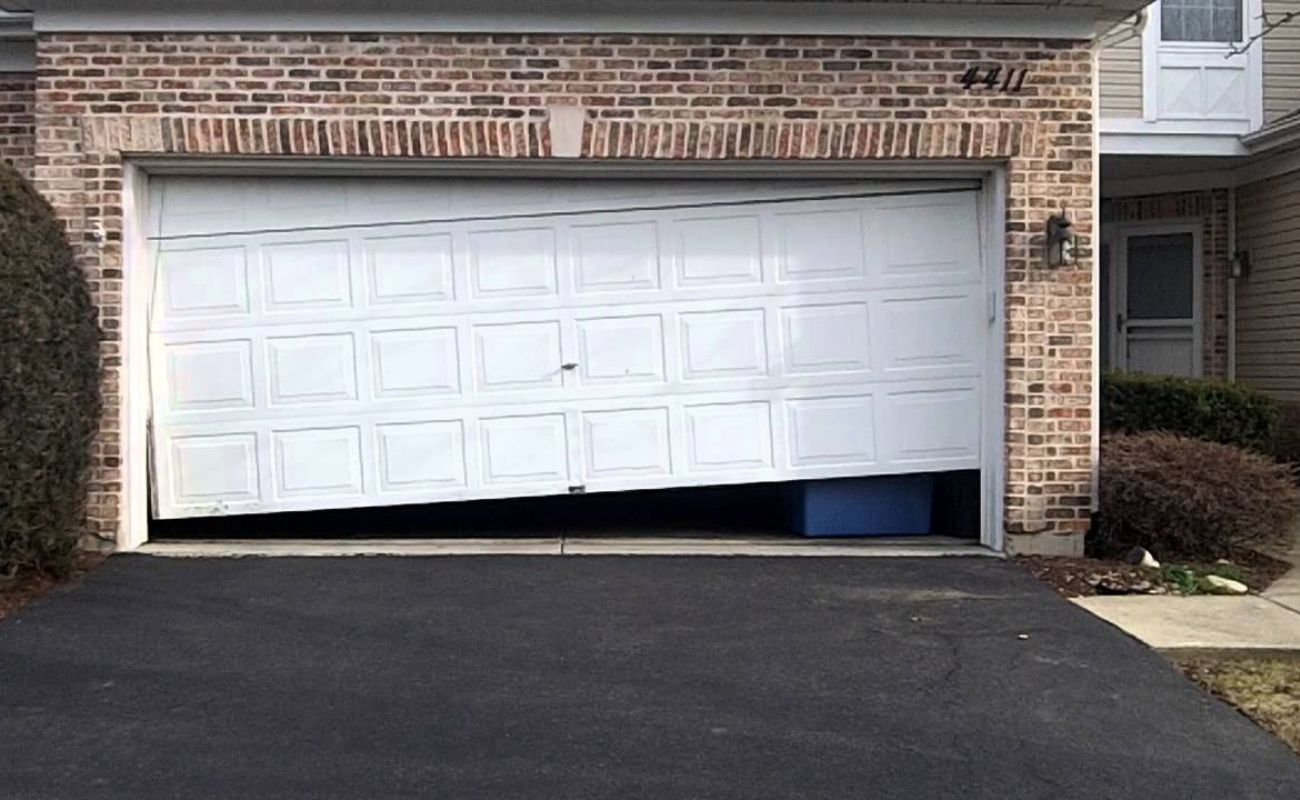
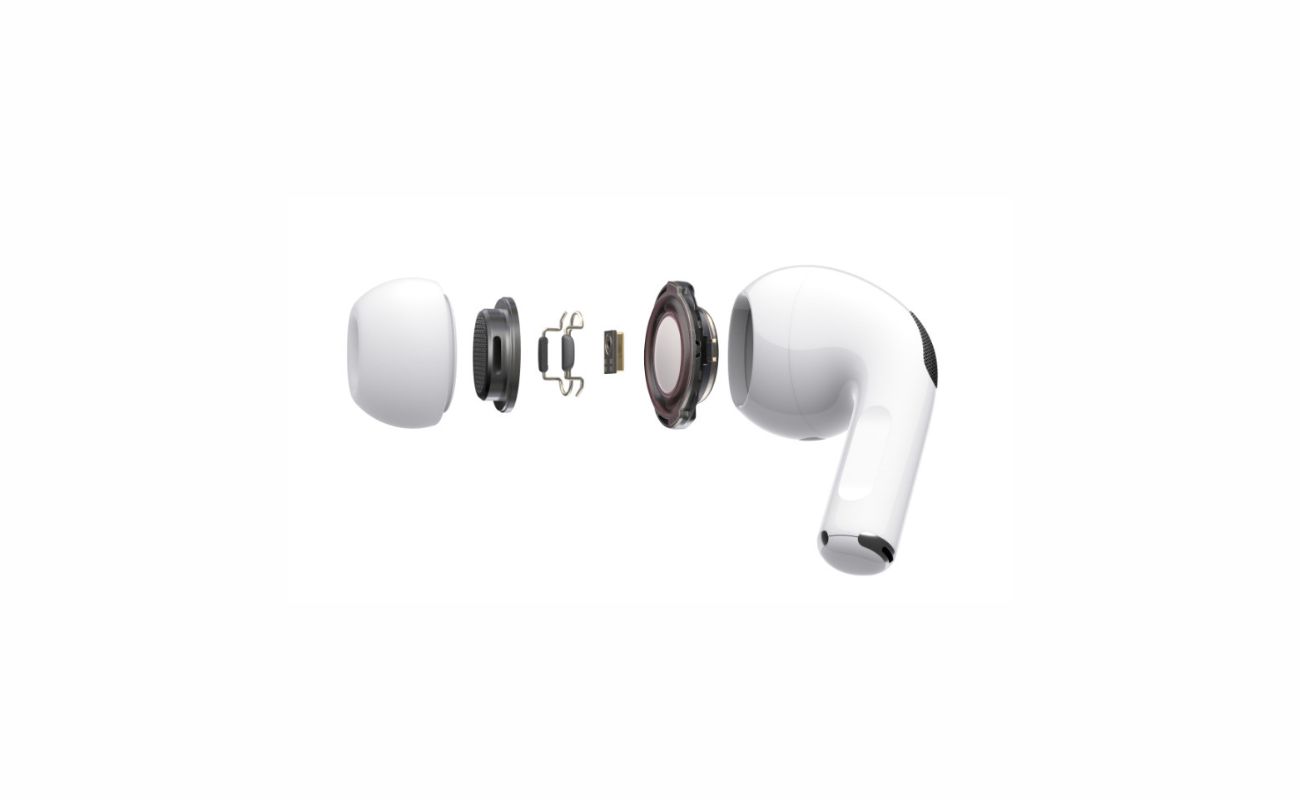
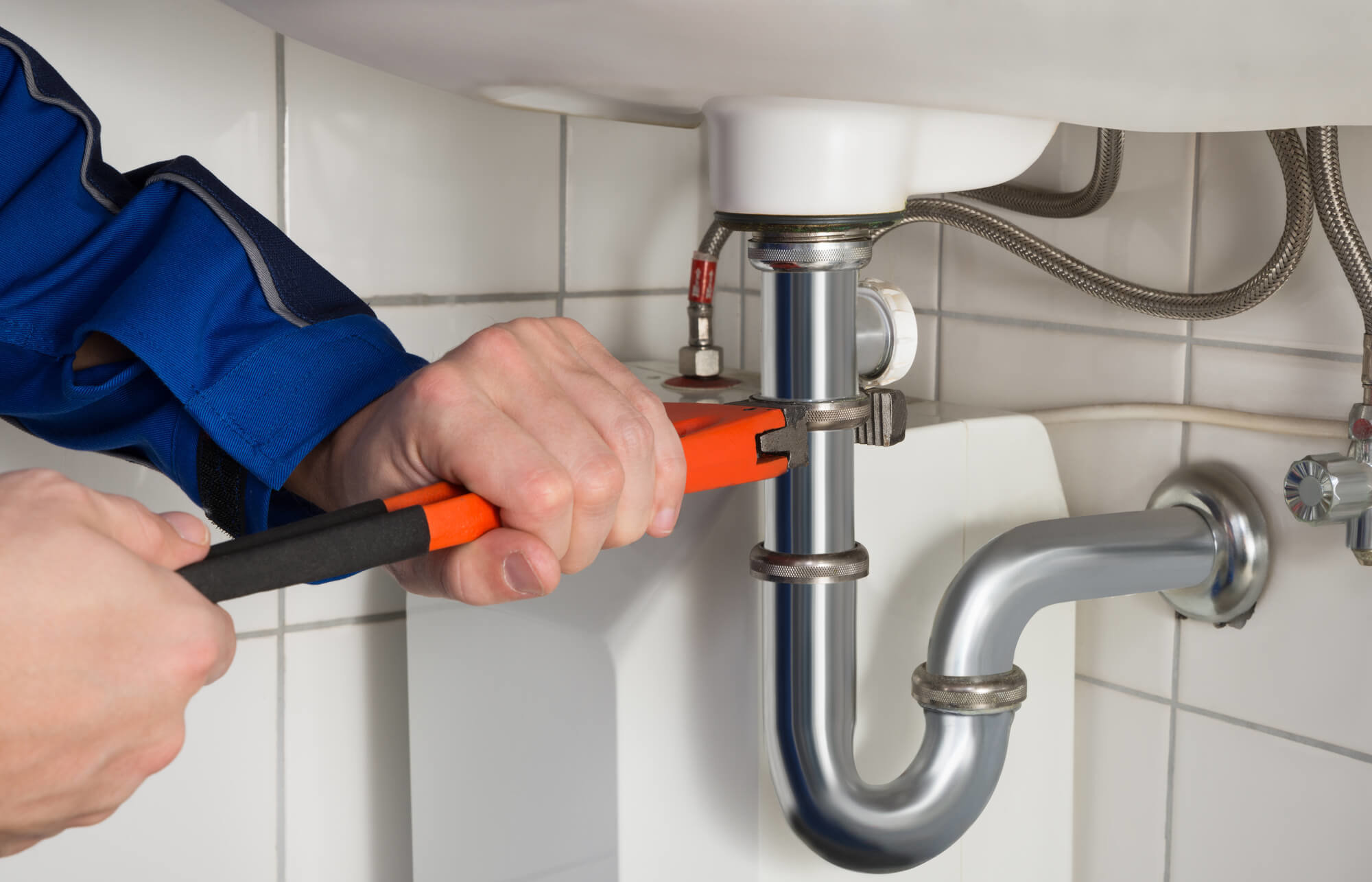
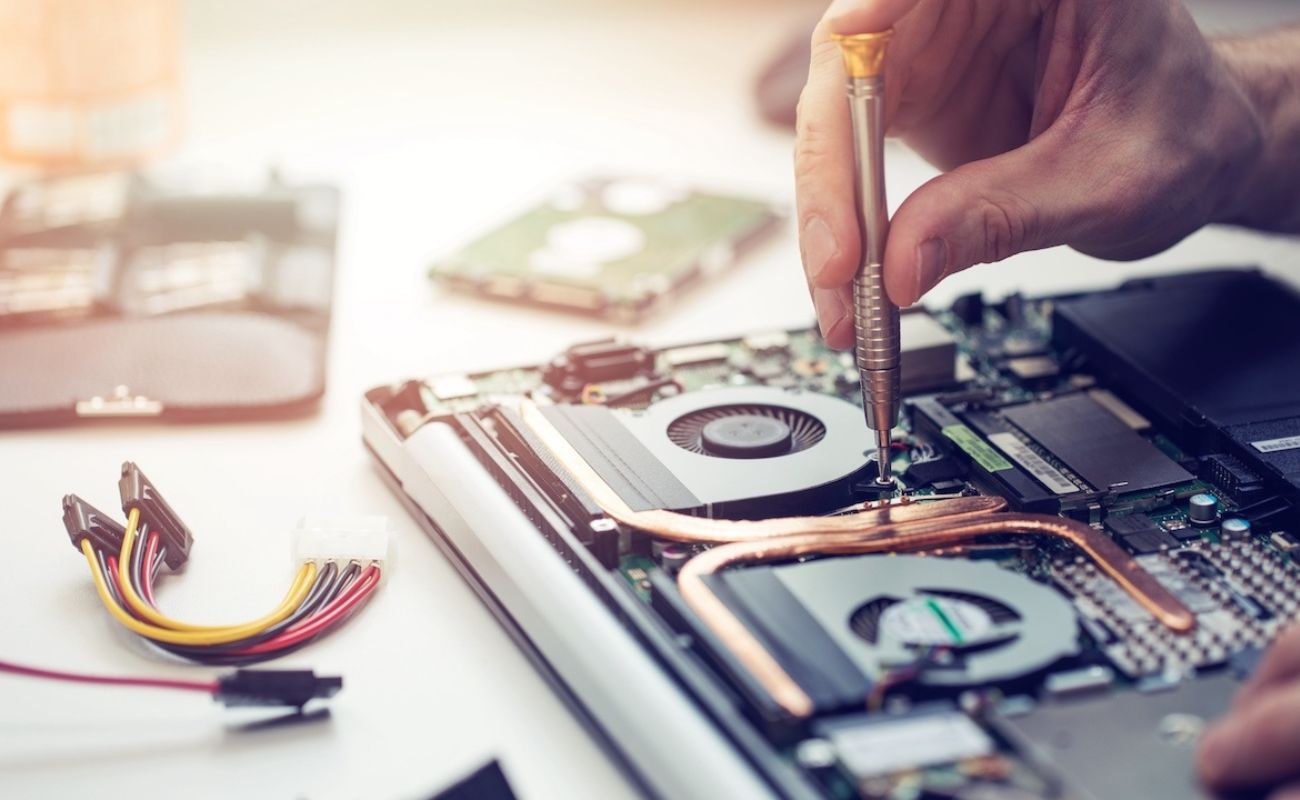
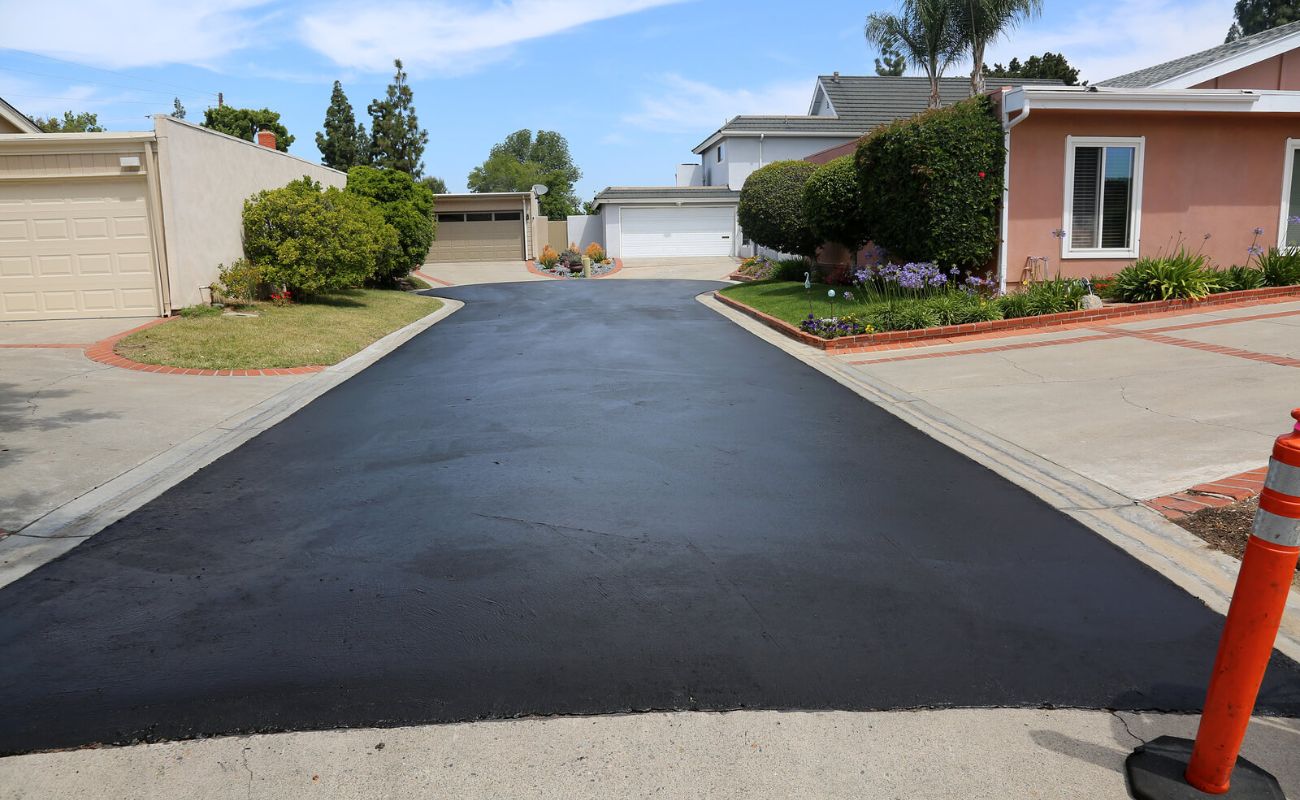
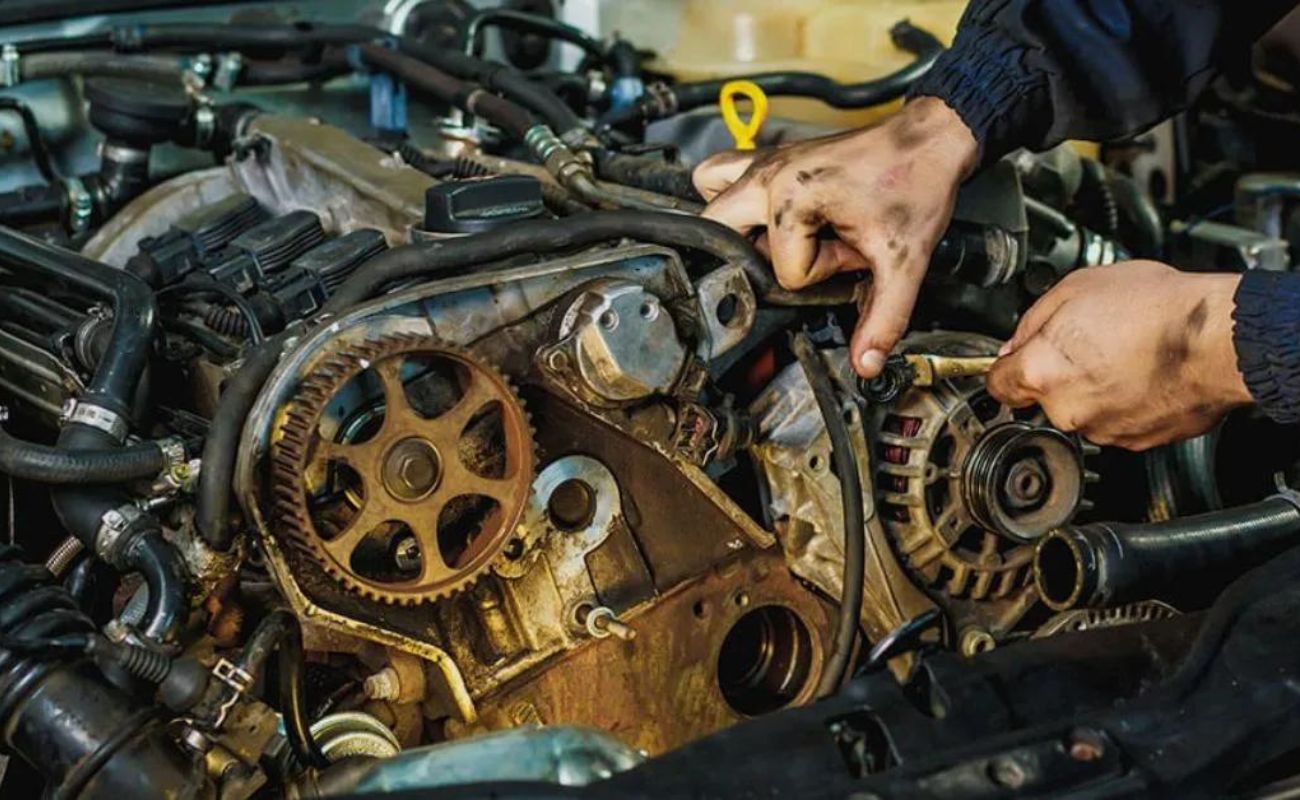
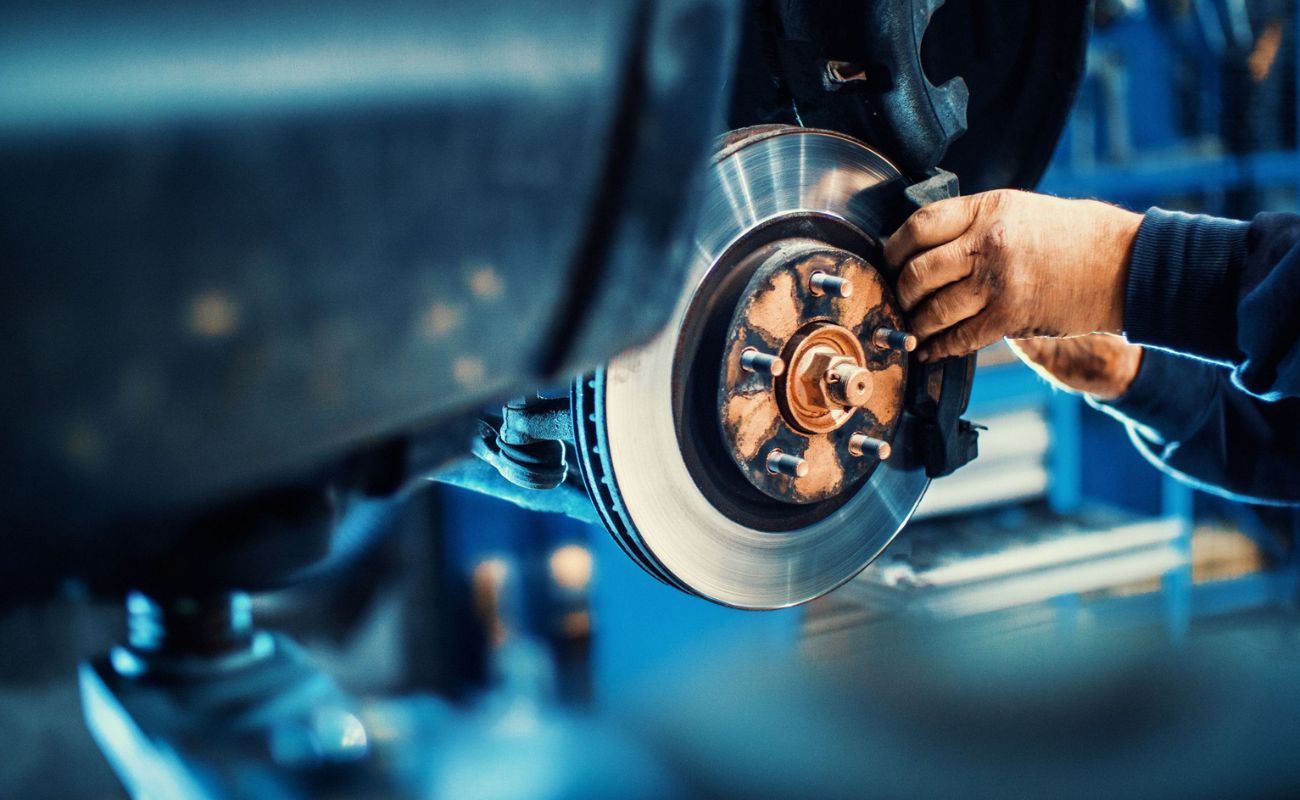
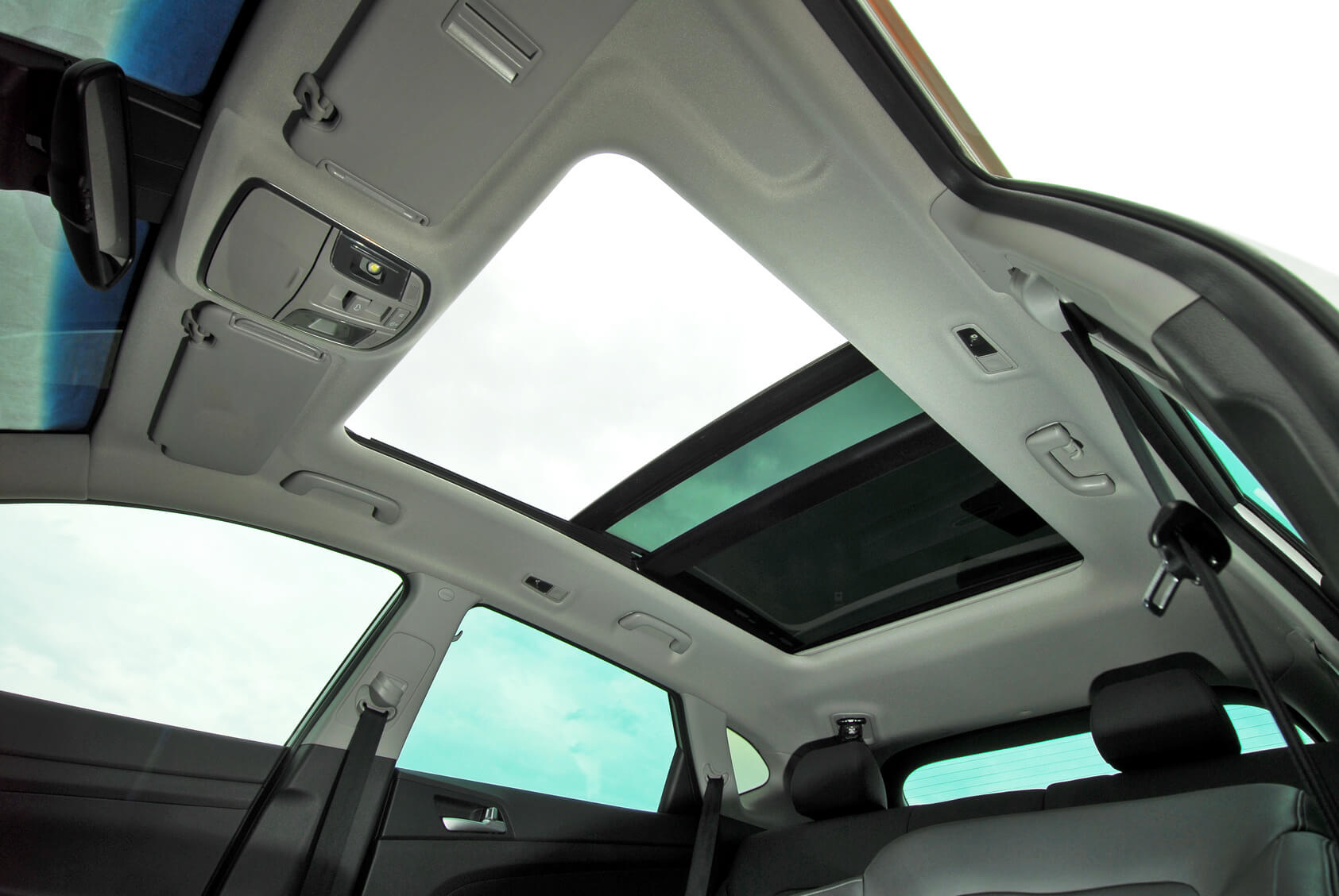

0 thoughts on “How Much Does A Home Inspection Cost In North Carolina”